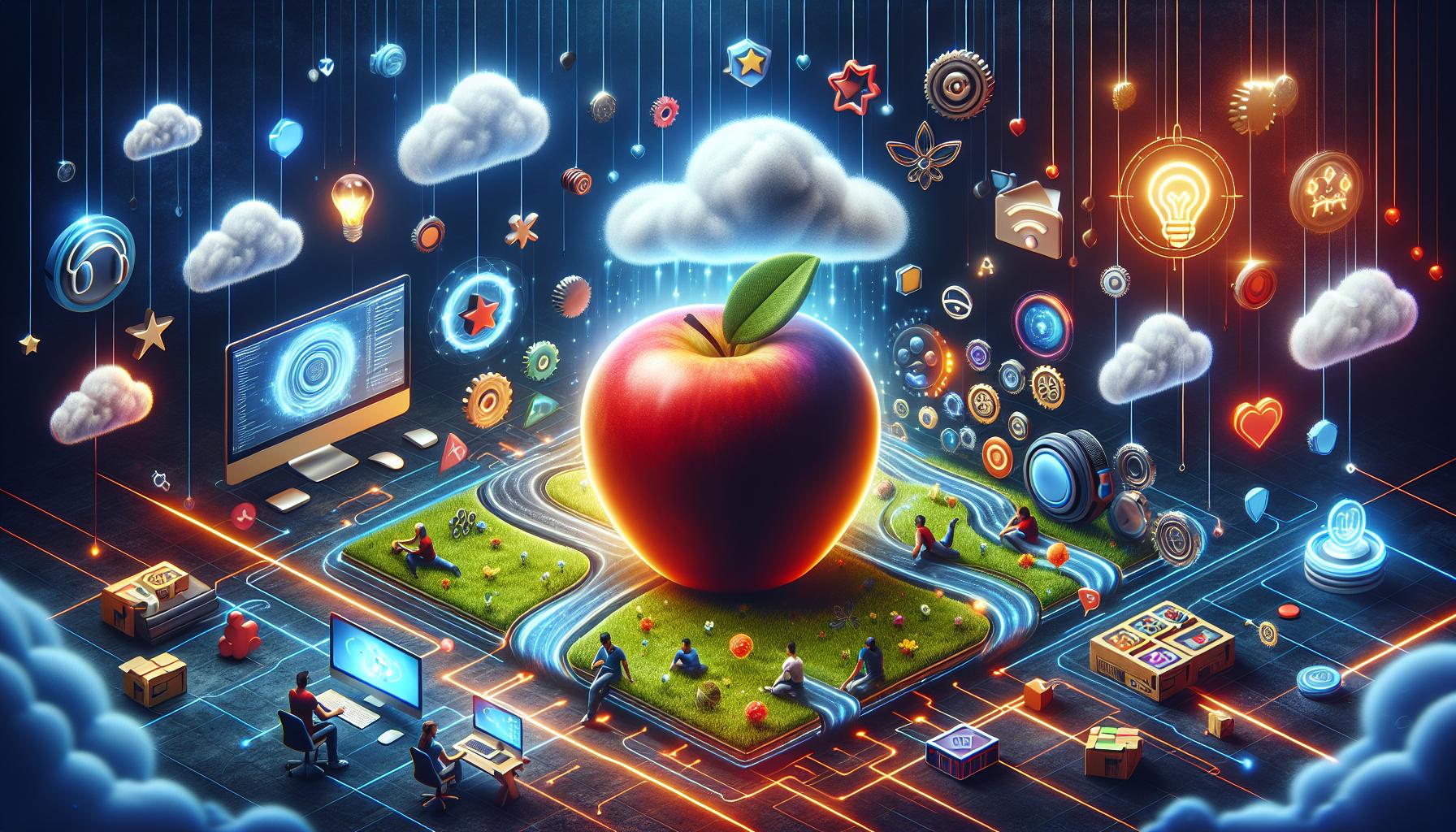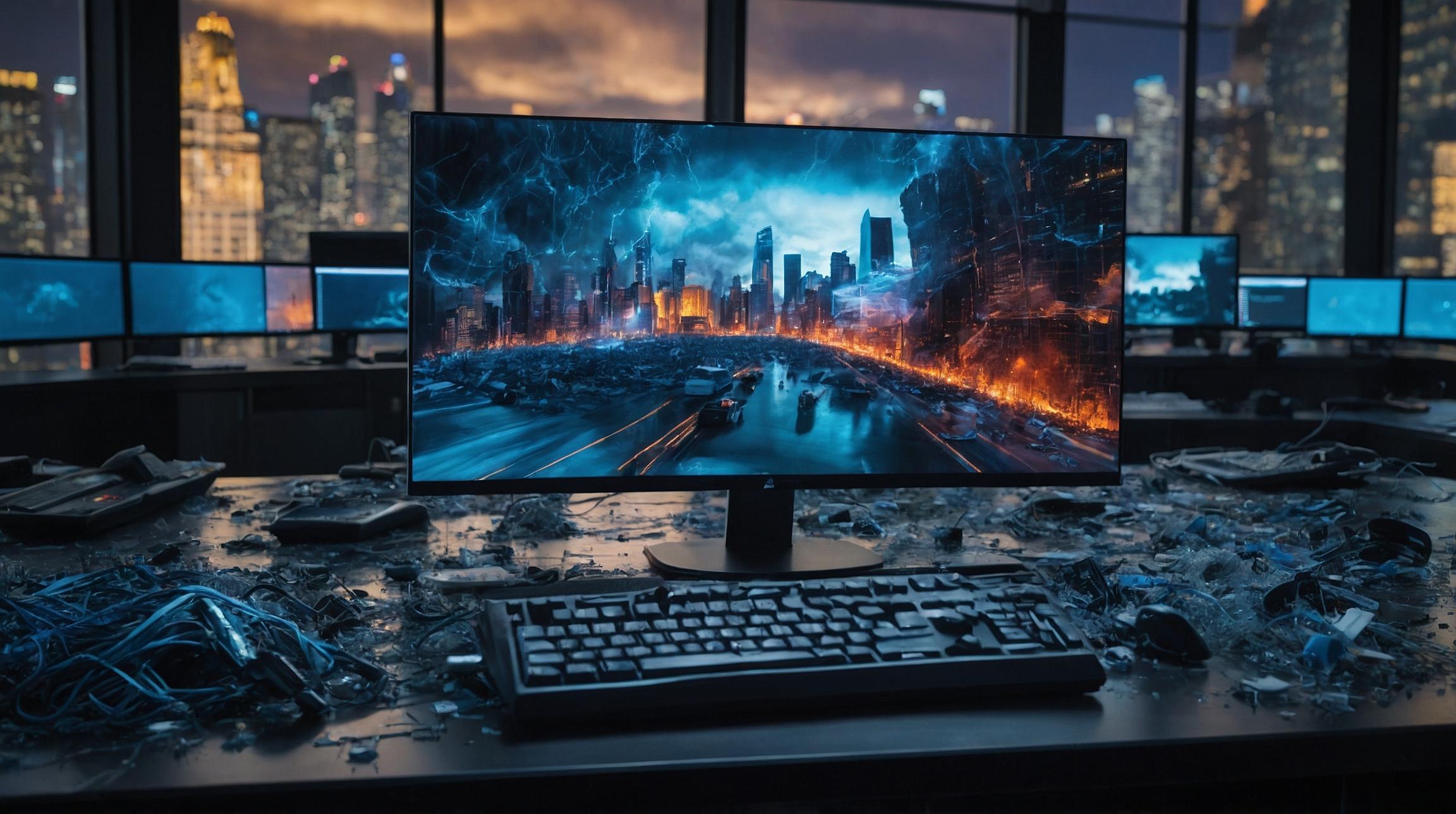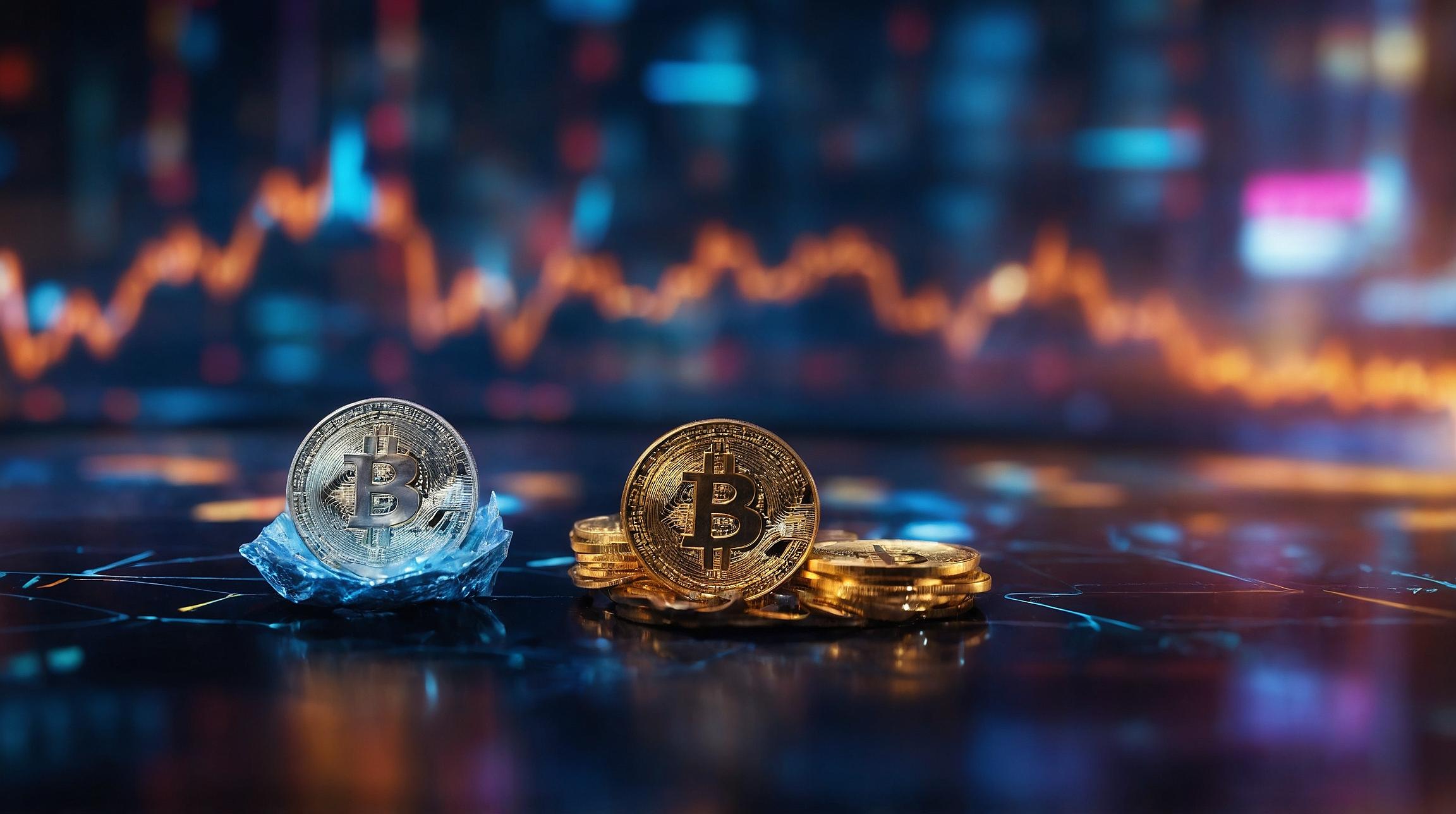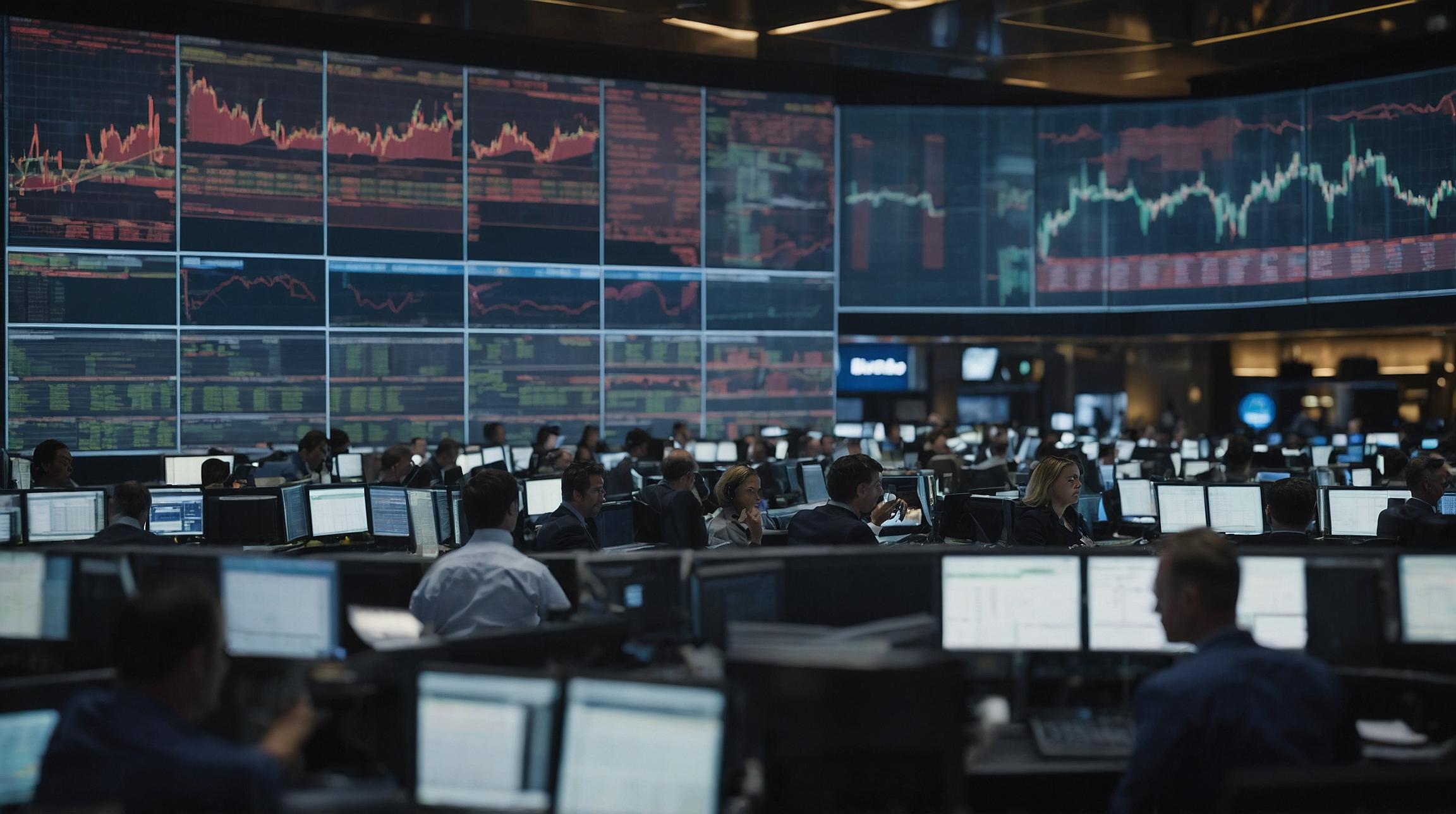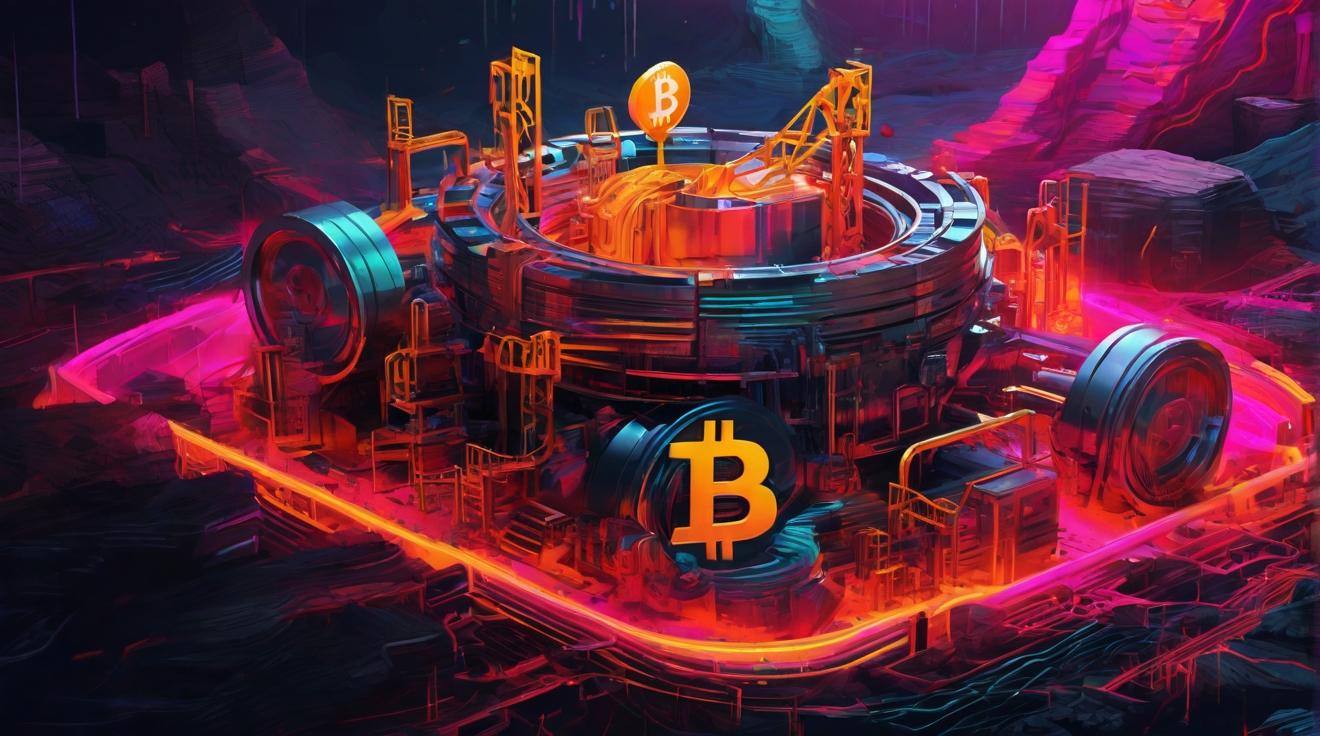The Tokenization of Intellectual Property: NFTs for Creators and Innovators
1. The Rise of NFTs: Unlocking the Value of Intellectual Property
In recent years, the advent of non-fungible tokens (NFTs) has revolutionized the way we think about ownership and intellectual property. NFTs are unique digital assets that are bought and sold on blockchain platforms, such as Ethereum. Unlike cryptocurrencies like Bitcoin, which are fungible and can be exchanged on a one-to-one basis, NFTs are indivisible and represent ownership of a particular item or piece of content. This breakthrough technology has created a new market for creators and innovators to monetize their work in a way that was previously unimaginable.
2. Revolutionizing Ownership: How NFTs Empower Creators and Innovators
NFTs have the potential to empower creators and innovators by allowing them to retain ownership and control over their intellectual property. In the traditional art world, for example, artists often lose control over their work once it is sold. With NFTs, artists can ensure that they retain a percentage of future sales, providing them with ongoing revenue streams. This gives artists the power to determine the value of their work and participate in its success, even long after it has been initially sold. NFTs also enable creators to tokenize a wide range of assets, including music, videos, virtual real estate, and even virtual goods in video games.
3. Tokenizing Creativity: Exploring the Potential of NFTs in the Digital Age
The tokenization of creativity through NFTs opens up a world of possibilities in the digital age. NFTs can provide creators with a direct connection to their audience, eliminating the need for intermediaries such as galleries, record labels, or publishing houses. This direct relationship allows artists to sell their work directly to their fans, cutting out middlemen and receiving a larger share of the revenue. NFTs also enable creators to establish and enforce their own licensing terms, ensuring that their work is used in a way that aligns with their values and intentions.
4. The Future of Intellectual Property: NFTs and the Democratization of Ownership
NFTs have the potential to democratize ownership of intellectual property by removing barriers to entry and empowering a wider range of creators and innovators. In the past, only a select few artists or innovators had access to the resources and platforms needed to showcase and monetize their work. With NFTs, anyone can tokenize their creations and offer them for sale on blockchain marketplaces. This opens up new opportunities for emerging artists, independent musicians, and small-scale innovators to reach a global audience and earn a living from their creative endeavors.
5. NFTs for Creators: Maximizing Opportunities and Protecting Rights in the Token Economy
As creators and innovators embrace the potential of NFTs, it is important to navigate this new landscape with a thorough understanding of the opportunities and challenges it presents. Creators should carefully consider the platforms they use to mint and sell their NFTs, ensuring that they align with their values and provide fair compensation. It is also crucial for creators to protect their intellectual property rights by registering their work and including clear terms in their NFT contracts. Additionally, creators should be mindful of the environmental impact of NFTs, as their minting process consumes significant amounts of energy. By being conscious of these factors, creators can maximize the opportunities offered by NFTs while protecting their rights and minimizing any negative impacts.
In conclusion, the tokenization of intellectual property through NFTs has opened up a new frontier for creators and innovators to monetize their work and retain ownership and control. NFTs have the potential to revolutionize the way we think about ownership, democratize the creative industry, and empower a wider range of artists, musicians, and innovators. However, it is important for creators to navigate this new landscape with caution, ensuring that their rights are protected and that they make informed decisions about the platforms and practices they engage with. With careful consideration and a clear understanding of the potential and challenges of NFTs, creators can harness this technology to maximize their opportunities in the digital age.






